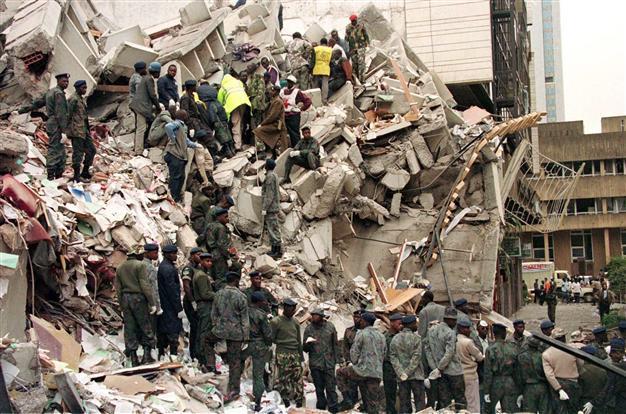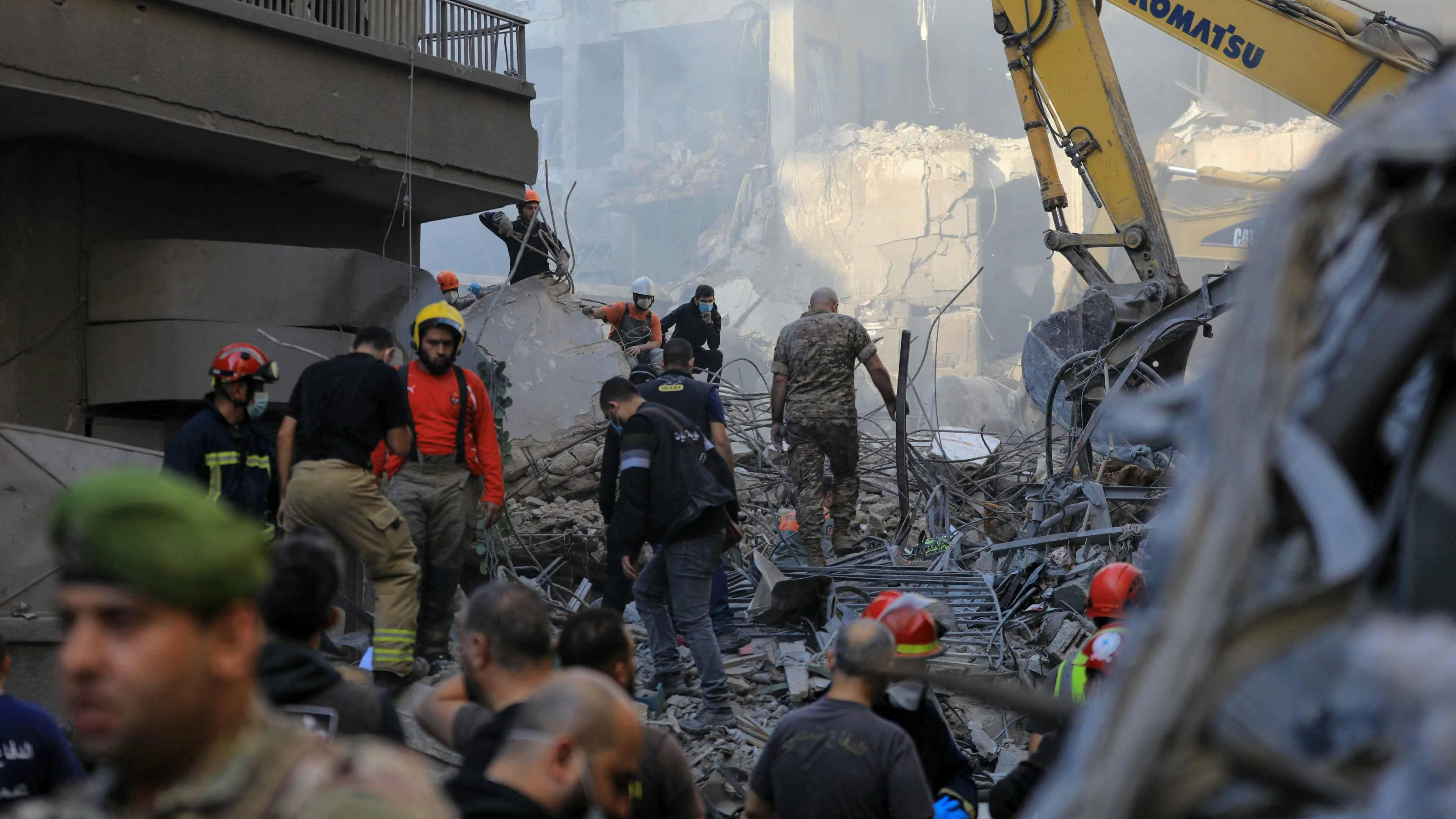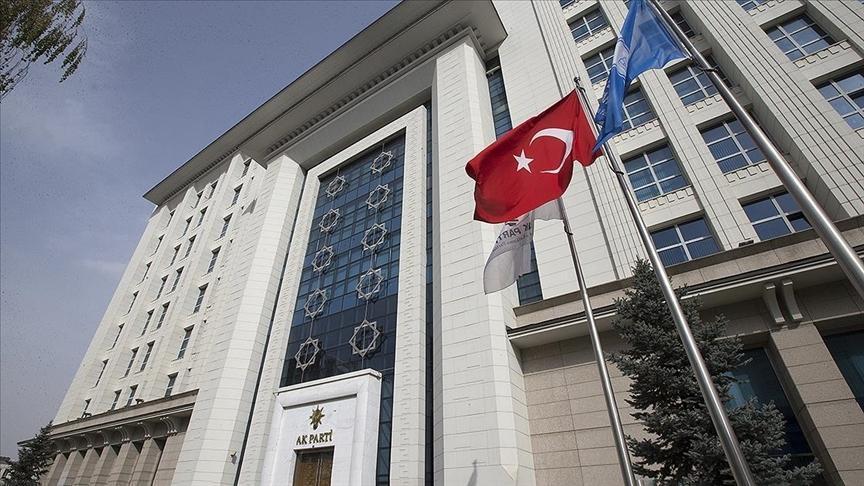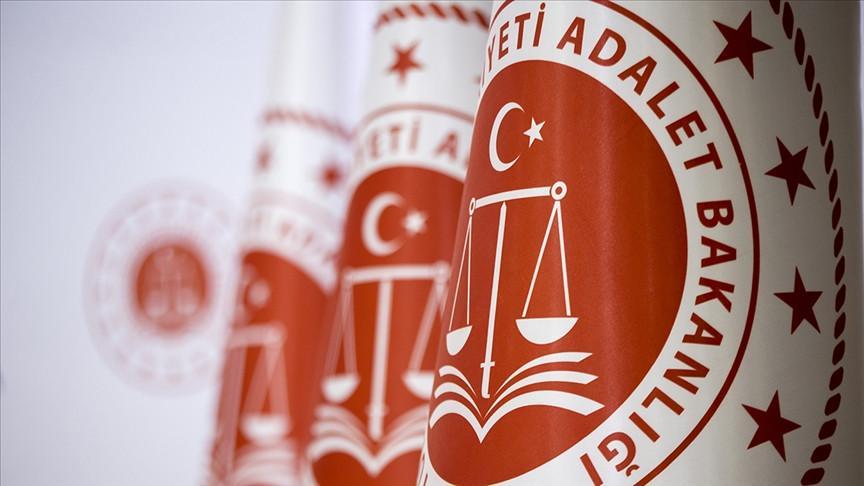Libya, Somalia raids show US reach, problems
TRIPOLI/MOGADISHU

Rescue workers sift through rubble to find survivors trapped in the remains of Ufundi house, a seven-story office building which collapsed when a huge bomb went off August 7, 1998 in Nairobi, Kenya, in this file photo taken August 8, 1998. Senior al Qaeda figure Anas al-Liby, indicted by the United States for his alleged role in the 1998 bombings of U.S. embassies in East Africa, was captured in Libya by a U.S. team and is in American custody, U.S. officials said on Saturday. REUTERS photo
Two U.S. raids in Africa show the United States is pressuring al Qaeda, officials said on Sunday, though a failure in Somalia and an angry response in Libya also highlighted Washington's woes.In Tripoli, U.S. forces snatched a Libyan wanted over the bombings of the American embassy in Nairobi 15 years ago and whisked him out of the country, prompting Secretary of State John Kerry to say that al Qaeda leaders "can run but they can't hide."
But the capture of Nazih al-Ragye, better known as Abu Anas al-Liby, also provoked a complaint about the "kidnap" from the Western-backed Libyan prime minister, who faces a backlash from armed Islamists who have carved out a share of power since the West helped Libyan rebels oust Muammar Gaddafi two years ago.
In Somalia, Navy SEALS stormed ashore into the al Shabaab stronghold of Barawe but, a U.S. official said, they failed to capture or kill the target among the Somali allies of al Qaeda.
U.S. officials, speaking on condition of anonymity, told Reuters the target was a Kenyan of Somali origin known as Ikrima, described as a foreign fighter commander for al Shabaab in Somalia.
Ikrima, whose real name is Abdikadar Mohamed Abdikadar, was linked with now-dead al Qaeda operatives Harun Fazul and Saleh Nabhan, who had roles in the 1998 embassy bombing in Nairobi and in the 2002 attacks on a hotel and airline in Mombasa, U.S. officials said.
One official said the U.S. operation in Somalia was not in direct response to last month's al Shabaab attack on the Westgate mall in Nairobi that killed at least 67. It was not known if Ikrima was connected to that attack, the official said.
Kerry, on a visit to Indonesia, said President Barack Obama's administration was "pleased with the results" of the combined assaults early on Saturday. "We hope this makes clear that the United States of America will never stop in its effort to hold those accountable who conduct acts of terror," he said.
Two years after Navy SEALS tracked down and killed al Qaeda founder Osama bin Laden in Pakistan, a decade after al Qaeda's Sept. 11 attacks on the United States in 2001, the twin operation demonstrated the reach of U.S. military forces in Africa, where Islamist militancy has been growing.
The forays also spotlighted Somalia's status as a fragmented haven for al Qaeda allies more than 20 years after Washington intervened in vain in its civil war and Libya's descent into an anarchic battleground.
Defence Secretary Chuck Hagel said they showed Washington would "spare no effort to hold terrorists accountable."
LIBYA RISKS
Clearly aware of the risks to his government of complicity in the snatching of Liby, Prime Minister Ali Zeidan said: "The Libyan government is following the news of the kidnapping of a Libyan citizen who is wanted by U.S. authorities.
"The Libyan government has contacted U.S. authorities to ask them to provide an explanation."
Kerry declined to say whether his government had told Libya of the raid to capture Al-Liby, whom he called a "legal and appropriate target" for the U.S. military.
Another U.S. official told Reuters on condition of anonymity that the Libyan government had been notified of the operation, but did not say when.
"The United States of America is going to do everything in its power that is legal and appropriate in order to enforce the law and protect our security," Kerry said, when asked what perception was left when the U.S. military snatched people off the streets of foreign countries.
He added: "He will now have an opportunity to defend himself and to be appropriately brought to justice in a court of law."
Liby is a suspect in the 1998 bombings of the U.S. embassies in Kenya and Tanzania that killed 224 civilians.
His whereabouts were unclear on Sunday, but in similar prior cases, the United States has held detainees aboard ship. U.S. Navy vessels in the Mediterranean, as well as bases in Italy and Germany, would be just a short flight away.
Liby's son, Abdullah al Ragye, 19, told reporters at the family home that men had pulled up in four cars, drugged his father, dragged him from his vehicle and driven off with him.
"They had a Libyan look and Libyan accents," he said. It was not clear if the men were linked to the Libyan state, which may either have sought to keep its distance or been sidelined by Washington for fear of leaks.
The U.S. raid would show Libya was no refuge for "international terrorists", said Abdul Bassit Haroun, a former Islamist militia commander who works with the Libyan government.
Islamist militants, like those blamed for the deadly attack on the U.S. consulate in Benghazi a year ago, would hit back violently, he warned. "This won't just pass," Haroun said.
"There will be a strong reaction in order to take revenge because this is one of the most important al Qaeda figures."
SOMALI CHAOS
Somalia's Western-backed government said it did cooperate with Washington, though its control of much of the country, including the port of Barawe, 180 km (110 miles) south of the capital, Mogadishu, is limited by powerful armed groups.
"We have collaboration with the world and with neighbouring countries in the battle against al Shabaab," Prime Minister Abdi Farah Shirdon said when asked of Somalia's role in the raid.
Somali police said seven people were killed in Barawe. U.S. officials said their forces took no casualties but broke off the fighting to avoid harming civilians.
A Somali intelligence official said a Chechen commander, who might have been the Americans' target, was wounded.
In Somalia, al Shabaab spokesman Sheikh Abdiasis Abu Musab told Reuters no senior figure was present when the Americans came ashore. "Ordinary fighters lived in the house and they bravely counterattacked and chased off the attackers," he said.
From Nigeria in the west, through Mali, Algeria and Libya to Somalia and Kenya in the east, Africa has seen major attacks on its own people and on Western economic interests, including an Algerian desert gas plant in January and the Nairobi mall as well as the killing of the U.S. ambassador in Libya a year ago.
Western intelligence experts say there are growing links among Islamist militants across North Africa, who share al Qaeda's goal of a strict Islamic state and the expulsion of Western interests from Muslim lands.
Liby, said to have fled Gaddafi's police state to join bin Laden in Sudan in the 1990s before getting political asylum in Britain, may have been part of that bid to form an operational base, analysts say.
















